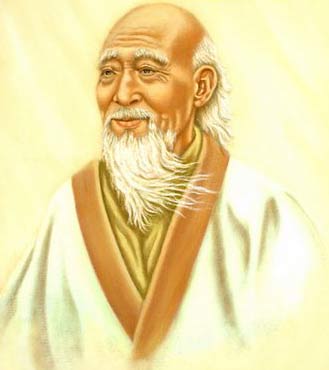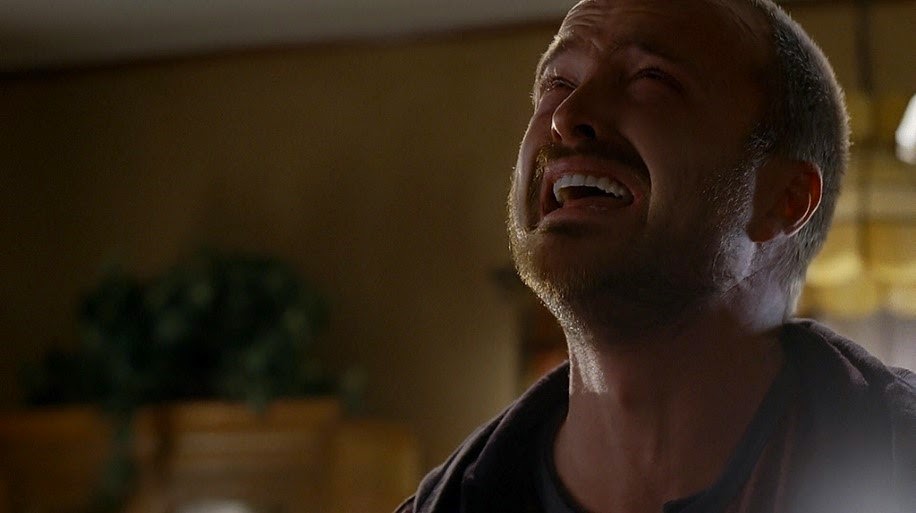Posted for Branden Strissel
Friedrich Nietzsche was a German Philosopher who lived from 1844-1900. He had many
theories on life. One being altruism. Altruism is the belief in or practice of disinterested and
selfless concern for the well-being of others. Friedrich Nietzsche was a perfectionist in the way
that he unselfishly had to do something, therefore he was considered altruistic. Many
philosophers believed altruism can happen in percentages. As in being altruism part of the time
or how altruistic an act is. The question arises, if I feel good about something is it selfish? If I
feel obligated to do something is it, does that make me a good person? Many philosophers use
the example of parenting as being altruistic. They say that helping your kids get on the right path
to success. It is not the act of doing so to feel good, it is for the life of someone you care about,
therefore doing a good deed and act of kindness does not make it selfish. A study was done on
how people give money to the poor to see if it was a good deed or to show pride in their own
wealth. To flip the hands, the experiment was to have the homeless guy try to give money to
people walking by. The experiment revealed that the wealthy had too much pride to take the
money of the less fortunate. Instead of acting with gratitude, they acted offended that someone
would try to give them money. In a way acts of kindness can be done both altruistically and
selfishly.
Blog post 2
Friedrich Nietzsche had a moment where he philosophized about how the young boys
turn into men and the steps needed in taking these strides. At first, the boy is seen as a beast of
burden to where it has to allow others to tell it what to do, they call this stage of his life the
camel stage. Nietzsche believes that this stage is somewhere in his high school years or early
adulthood. To where you do not know what to do with your life but do not have the power to
change it. An example of this would be taking a test you do not want to take or working a job
and being around people you do not want to be with for most of the hours in your day. To
become a man, the beast of burden must venture out on its own and discover himself. The camel
will find a way to a dragon and must learn to gain his voice and turn into a lion with being
named ‘thou shout’. The voice allows the boy to be a man and to decide what he wants to do
with his life whether it be exploring other places or telling others no when needed. Nietzsche was
a great philosopher who was big on exploring nature to find one’s self.
Blog Post 3
Nietzsche was an anti-realist about reality. Nietzsche aims at release higher human beings
from their wrong consciousness about morality. He aims at criticizing Christians, Catholics, and
other religions. Many religions have become hypocritical on their own beliefs. Doing the right
thing because it is the right thing to do is different than doing something because of having a fear
of going to hell, therefore it is done for the wrong reasons. Is it an act of kindness at all if there is
consequences to not doing it in the first place? Another question arises that is there free will at all
in life. If God is all knowing and all powerful, then you do not have free will. He knows what
you are going to do before you even do it. God being all powerful allows him to change anything
he wants. It says in the bible that we are all made in his image. The flaws that we have in life
must be given to us purposely through him, not to see what we would do but to be set up for
failure. Also, if God is all powerful, then everyone who is in hell and will be in hell are chosen
before the act of sin is even made because of the act of God being all powerful and all knowing,
therefore he is either all powerful and all knowing, not all good, or not perfect. Being perfect
makes the person not have any desires in life, that means that God would not have created any of
us because we were created to worship God.










.gif)
